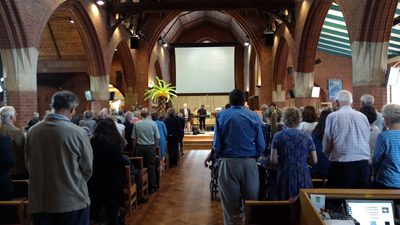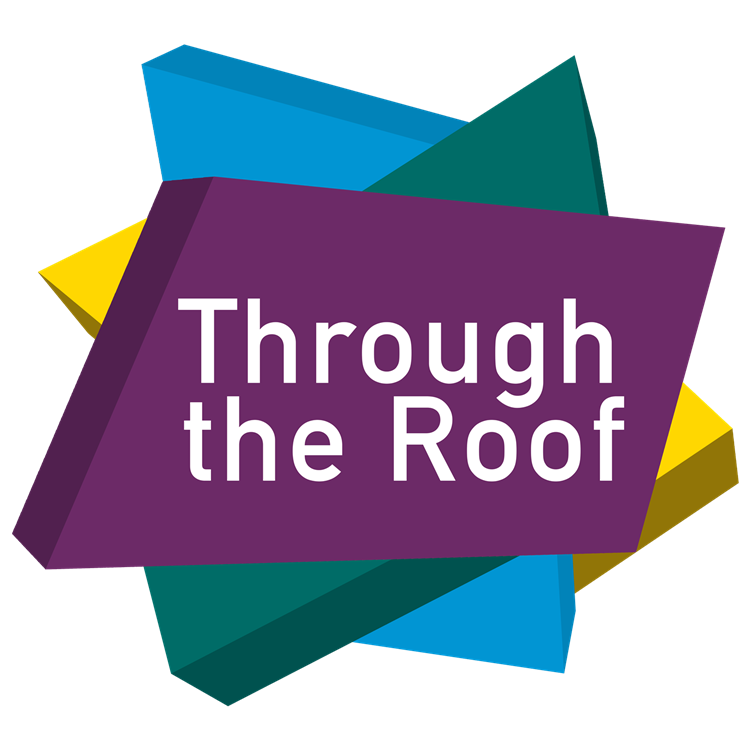#MeToo (Ros' Blog)

In the past few days a hashtag has been trending all over social media. People, mainly women but a few men as well, have been posting #MeToo. The intention behind this has been to highlight the extent of the problem of sexual harassment and abuse, how endemic and pervasive it is in our society.
Sadly, some politicians and celebrities have provoked outrage by joking about this, as if the trauma it brings were trivial, and many blogs have been written about the phenomenon of #MeToo. Some have applauded the women who have had the courage to add their names to the list. Others have expressed concern about those who might feel pressured to do so while emotionally recoiling from public exposure of something so personally painful. One prominent Christian blogger has suggested that, rather than putting this burden of disclosure on women, men should be posting their own #MeToo, admitting their complicity if not in perpetrating, then at least in enabling and turning a blind eye to such abuse.
This hashtag came to mind today as I was reading my way through a variety of articles on disability in the Bible. They ranged in tone from the trite – God’s will is for disability always to be cured, and there is something “wrong” with our faith if we don’t succeed in appropriating what God is offering us – to the deeply theological (John Hull’s masterly study “The broken body in a broken world” , in which he looks at the theology of the body – especially in the epistles of Paul – as a way of understanding the incarnation, and ourselves as the body of Christ with all our impairments and imperfections, a true representation of the ascended and glorified Christ who now stands at the Father’s right hand still bearing the wounds of His brokenness and sacrifice.)
Some were quite offensive – like the one which asked the question “Why did God allow disability?” and went on to explain that God created some people more needy than others so that we could feel pity for them, which it saw as a Christlike emotion. It showed absolutely no understanding of how it might feel to be portrayed as a needy recipient of pity, or whether this is, in fact how God created us to be seen and related to.
As I read all these various opinions, I started to wonder if perhaps we should have a #MeToo hashtag in the church. Yes, me too, I am weak, I am broken. I stand in need of God’s grace. I stand in need of you, just as you stand in need of me. The beauty of this hashtag would be that it would not divide the abled from the disabled into categories of “them” and “us” as some of the articles I have been reading seem to do. It would acknowledge that all of us are impaired in some way, that all of us erect barriers that impair others, and crucially, that all of us, with our limitations and our failures as well as our gifts and our grandeur, stand on a level footing. We truly are all in this together. We have all shared the same experience –of standing in need of redemption and meeting the Redeemer.
C.S. Lewis wrote, “The typical expression of opening friendship would be something like, ‘What? You too? I thought I was the only one!’” The wonder is that we find God proudly wearing the marks of His own brokenness, writing His own #MeToo, and so, as Lewis implies, we are enveloped in the divine friendship that recognises a kindred Spirit, and which encompasses us all and makes us all one in union with Him.
Could we, as the church, connect with some of the disability organisations in our towns, not in the guise of generous benefactors, but with an attitude of "we're all in the same boat"? Could we arrange our Christmas events and services in such a way that we can freely invite these organisations and their clients to join us, secure in the knowledge that we've done what we can to make these events accessible, and that we're inviting them in a spirit of #MeToo?

